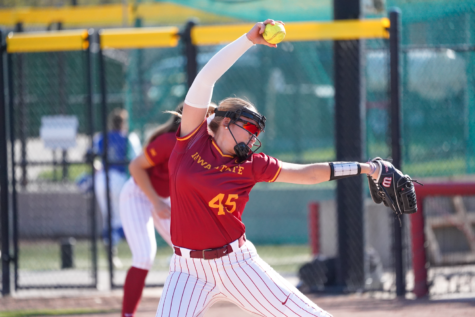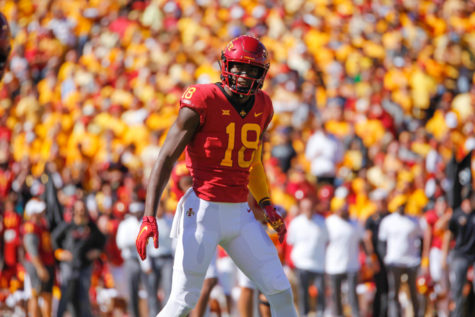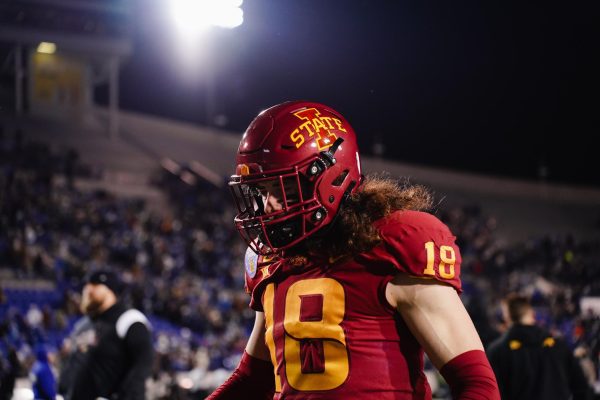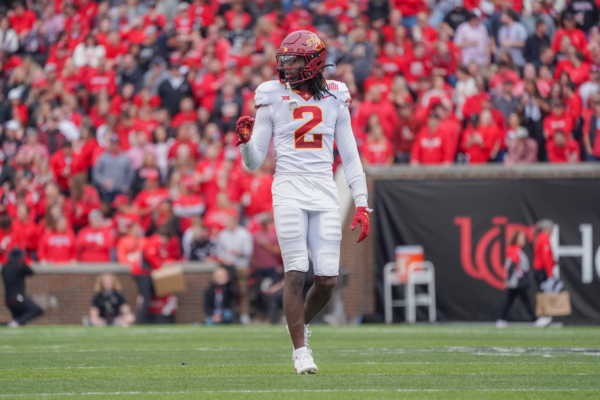Patriots now rank as one of the greats
February 6, 2002
Ahh, nostalgia, there’s nothing like it. Through all of the stats shown on sports shows Sunday night, I was taken back to the days of the early Super Bowls, where American Football League teams were seen as inferior to their National League counterparts.
Seeing Some Super Similarities
New England overcame a 14-point spread to win the franchise’s first championship last Sunday. The Patriots are now being compared with special teams from different eras.
Let’s compare some aspects of these teams, shall we?
Quarterbacks: I look at Tom Brady in the same way that someone of my minuscule talents would have seen “Broadway” Joe Namath back in early 1969.
As a matter of fact, the two were similar in age when they won the big game.
Brady wasn’t as confident as Namath before the actual kickoff, but on the field, both were very controlled in their leadership and maintenance of their respective offenses.
Both also put their teams in position to continually score points while their defenses helped to stifle the opponent’s strength. Speaking of which…
Defenses: The 1990 New York Giants were seen as a team that would have trouble with their upstate rivals from Buffalo. The Bills had an offense that led the league in scoring with Jim Kelly and Thurman Thomas at the forefront.
This was pretty close to the offense New England faced this past weekend. Kurt Warner, Marshall Faulk and Isaac Bruce led a scoring juggernaut for the third straight season.
However, both teams would share one very key asset. Bill Belichick.
The former Giants defensive coordinator was on the sidelines when the Big Apple boys hoisted their second Lombardi Trophy in a span of four years.
Sure, Kelly and Thomas got their yards in `91, as did Warner and Faulk on Sunday. However, both the Giants and Pats gave enough stunning blows to let their offenses have an opportunity to pull out the win.
Respect: Two teams come to mind, although for very different reasons. The first is the 1969 version of my beloved Kansas City Chiefs.
The second (as much as I hate to admit it) are the Denver Broncos of 1997. Both were double-digit underdogs due more to reputation than talent.
Even though the Jets had won Super Bowl III the year before, oddsmakers (and the populace in general) thought that AFL teams were weak. Based on this, the Chiefs were expected to be trounced by the Vikings. Instead, K.C. took care of any talk of domination by whipping the Purple People Eaters. The Broncos had a great offense with quarterback John Elway and running machine Terrell Davis.
However, 15 of the last 16 champs came out of the NFC, who were in the midst of a 13-bowl winning streak. All AFC fans let out a sigh of relief after Denver posted the 31-24 victory over Green Bay.
This year, the Rams had more speed, a good defense, the turf, the MVP and experience. None of it mattered. Even though the Patriots had some luck on their side, they showed that their grit needed to be recognized.
Absurd Predictions
Welcome to the phenomenon that happens once every … who cares?
Of course, I’m talking about the Winter Olympics, that fun-filled event in the snow that brings together athletes from all over the world to make people yawn.
There isn’t the same excitement as there is for the summer games, but I do enjoy them.
So how can we make these Olympics have more zing? In one word, parity. Spread the wealth favorites.
Give the little guy a chance to stand on a stunted podium with a shiny medal around his or her neck. Need some examples? Let me show you some.
Watch out for these gold medal upsets during the next couple of weeks:
The United States men’s bobsled team
Yekaterina Dafovska (Bulgaria / women’s biathlon)
Francois-Louis Tremblay (Canada / men’s short track speed skating)
Birgit Heeb (Liechtenstein / women’s alpine skiing)
Jondre Mina (Philippines / men’s snowboarding)
And let me introduce the first gold medal in the inaugural men’s skeleton event to Duff Gibson, the Canadan with the nerve of steel (and the cracked-open head).
















